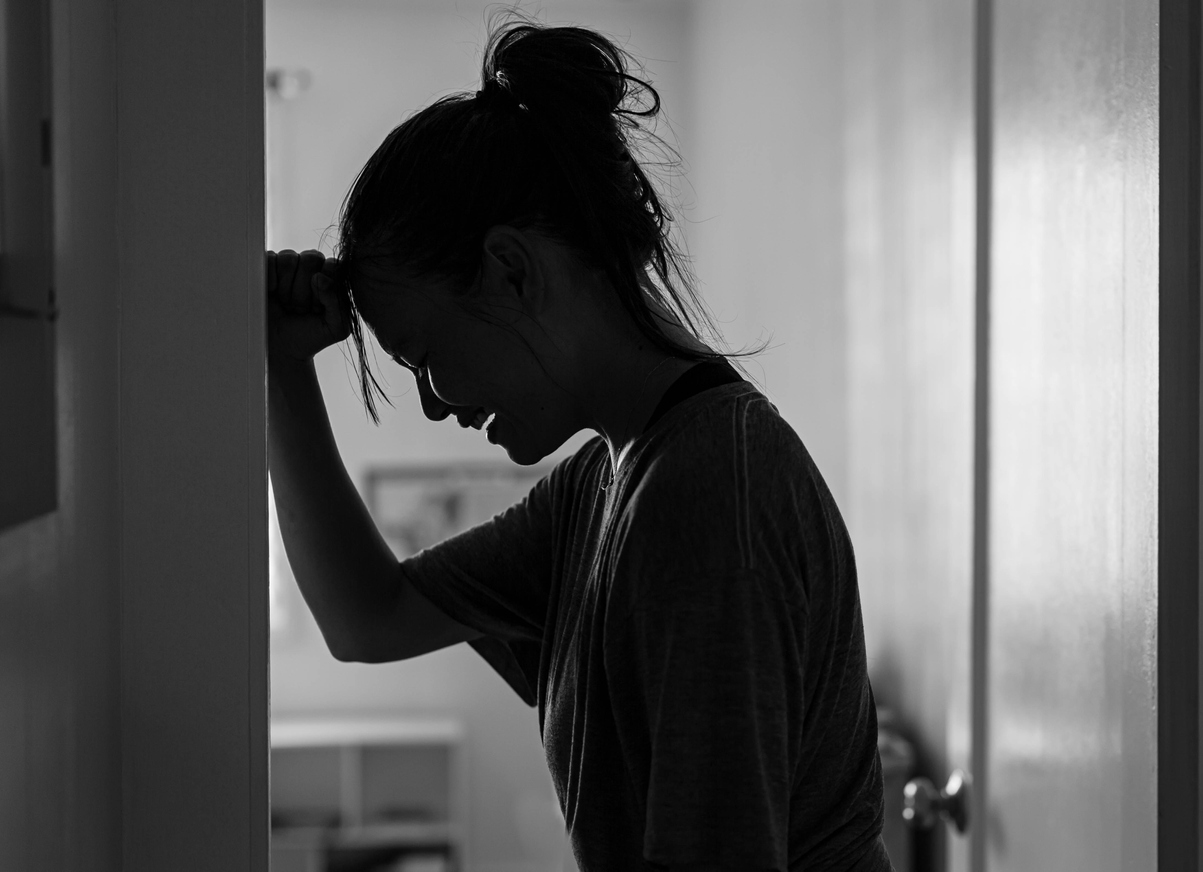Living with Chronic Pain
Dealing With the Guilt of Being Disabled

Individuals with disabilities often struggle with guilt. It can occur from being unable to work or needing to utilize disability benefits. Perhaps financial resources become depleted due to medical bills and the cost of medications or other treatments. They may feel guilty for being dependent on others or needing to ask for help. Or, guilt may be experienced due to not being able to contribute to the household or relationship as much as they would like.
Negative symptoms of guilt
Guilt can have a negative impact on mental and physical well-being. It can cause symptoms that include the following:
- Difficulty sleeping
- Muscle tension
- Digestive issues
- Anxiety
- Depression
How to deal with guilt due to being disabled
It is important to reduce guilt associated with a disability. Six tips to deal with the guilt of being disabled include the following:
- Practice recognition and reflection. When individuals notice themselves feeling guilty, it is essential to determine the cause of the guilt. Reflection should include any thoughts or actions that are occurring as a result of the guilt.
- Remember that being disabled is not your fault. Having a disability is not a choice; it is a circumstance. Committing to self-kindness, instead of self-blame, for something you have little to no control is helpful.
- Use positive thinking when possible. Reframing guilt-driven statements, such as “I should…” or “I need to…” whenever possible, is significant. For example, instead of thinking, “I should be able to work a full-time job,” you should think, “I am able to contribute with my part-time job while also taking care of my health.” Instead of thinking, “I should do more around the house,” try thinking, “I appreciate what my partner does around the house, and I help when I can.”
- Put yourself in the other person’s shoes. If you feel guilty over needing to ask for assistance, it is good to think about what would happen if the roles become reversed and the other person needs assistance. Most likely, you would be happy to help and would not want the other person to feel guilty about requiring help. Being appreciative of the assistance and committing to offer the other person support when possible is more beneficial than feeling guilty.
- Remind yourself that you are doing the best you can. It can be helpful for individuals to remind themselves that they are doing the best they can with their situation. It is okay that it is different from what others can do.
- Seek help when necessary. Guilt that does not go away or has a negative impact on mental or physical well-being should be addressed with a counselor or psychologist. Mental-health professionals can help identify the cause of guilt and develop strategies to cope with it.
Additional sources: The Mighty and Medium

















